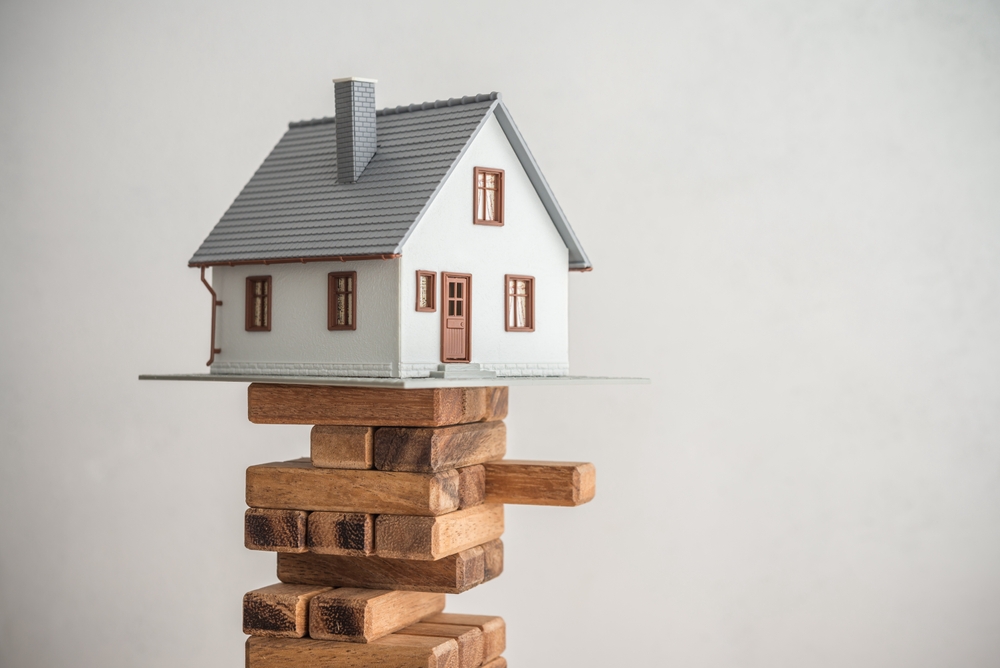Fostering Emotional Resilience: A Strategy Against Anxiety
Anxiety disorders are among the most common mental health conditions worldwide. They can be debilitating, interfering with a person's ability to lead a normal, fulfilling life. Despite their prevalence, there's still much we don't understand about these disorders — their root causes, how best to treat them, and how to prevent them from developing in the first place. One promising area of research is the study of emotional resilience. This article will delve into what emotional resilience is, its historical context, current relevance, impact on anxiety, and how it can be cultivated.

Defining Emotional Resilience
Emotional resilience is the ability to adapt and bounce back from adversity. It’s about maintaining a level of emotional wellbeing during challenging times, rather than letting stress overwhelm us. It doesn’t mean that resilient people don’t experience negative emotions or stress — rather, they have the skills to manage these feelings effectively.
Historically, emotional resilience was thought to be a fixed trait, something you were born with. However, contemporary research suggests that it’s more of a dynamic process, something that can be developed and strengthened over time. This shift in understanding has significant implications for how we approach mental health, particularly anxiety disorders.
Emotional Resilience and Anxiety: An Historical Perspective
The relationship between emotional resilience and anxiety is as old as the human race. Historically, humans developed anxiety as a survival mechanism, a way to respond to threats in the environment. However, in modern times, when these threats are less physical and more psychological, this response can become maladaptive, leading to anxiety disorders.
In the past, treatments for anxiety mainly focused on reducing symptoms. However, there’s a growing recognition that building emotional resilience could be a more effective strategy. By enhancing our ability to handle stress and adversity, we can reduce the likelihood of developing an anxiety disorder, or mitigate its impact if it does occur.
The Current Relevance of Emotional Resilience
In our fast-paced, interconnected world, stress and adversity are all too common. The COVID-19 pandemic has further exacerbated these challenges, leading to a surge in anxiety disorders. This has led to a renewed focus on emotional resilience as a preventative strategy.
Research has consistently shown a negative correlation between emotional resilience and anxiety symptoms. In other words, the more emotionally resilient a person is, the less likely they are to experience anxiety. This is relevant not just for individuals, but also for societies. By fostering emotional resilience, we can build healthier, more resilient communities, capable of withstanding even the most significant challenges.
The Impact and Reception of Emotional Resilience
Building emotional resilience has a profound impact on an individual’s wellbeing. It can reduce anxiety symptoms, improve mood, enhance relationships, and boost overall quality of life. Not only that, but it can also have physical health benefits, reducing the risk of conditions like heart disease and boosting immune function.
The concept of emotional resilience has been well received by both the mental health community and the general public. Many people appreciate its proactive, empowering nature — rather than simply treating symptoms as they arise, it focuses on building skills and resources to prevent these symptoms from developing. It’s a shift from a disease-focused approach to a wellness-focused one, something that many people find appealing.
Cultivating Emotional Resilience: A Unique Insight
So, how can we cultivate emotional resilience? It’s a complex process, but research suggests there are several key components. These include maintaining positive relationships, managing stress effectively, practicing mindfulness, cultivating a positive outlook, and developing a sense of purpose.
One unique insight that’s emerged from this research is the importance of social connections. It’s not just about individual skills and traits — our relationships with others play a crucial role in our emotional resilience. This underscores the importance of fostering healthy, supportive communities as part of our mental health strategy.
In conclusion, emotional resilience represents a promising strategy against anxiety. By bolstering our ability to handle stress and adversity, we can reduce the likelihood of developing an anxiety disorder, or mitigate its impact if it does occur. This proactive, empowering approach represents a significant shift in how we understand and address mental health, one that has the potential to bring about widespread benefits.




